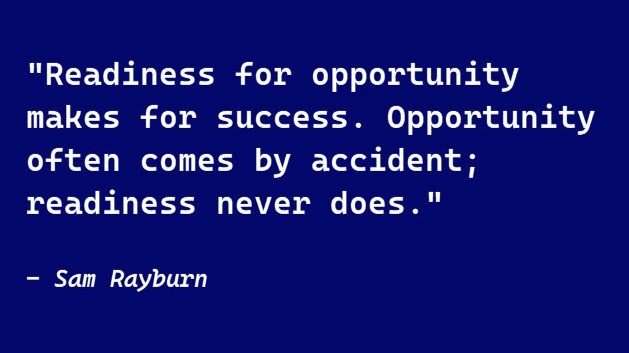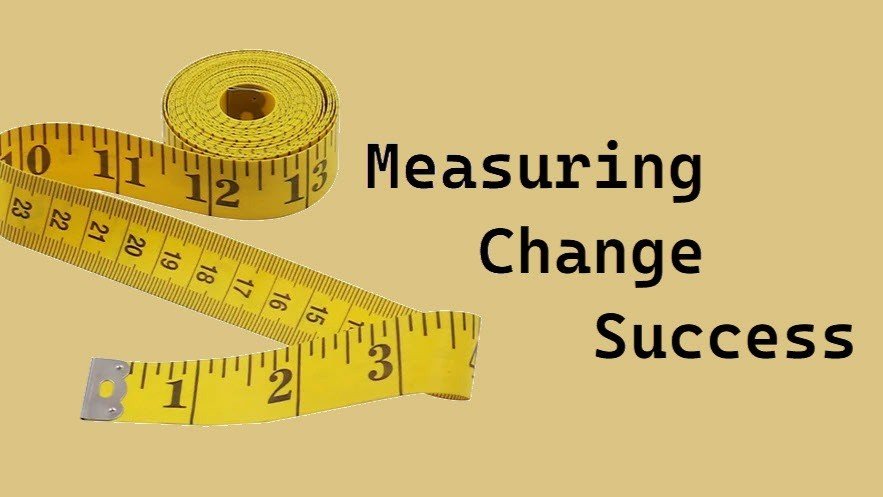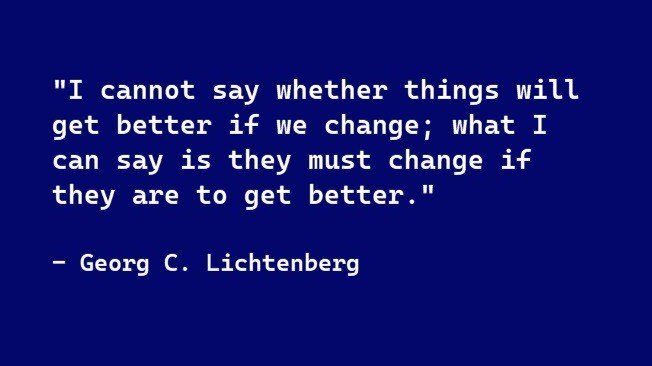Unusual Politics

Traditional research emphasizes politics as illegitimate behavior that is non-sanctioned, exploitative, manipulative, self-serving, and ultimately harmful to individuals and organizations. As a result, many change agents dismiss politics as a manipulative and disruptive force within an organization. But dismissing the political nature of organizations may lead to miscalculations. Denying the need for political skill may […]
More Accomplishment, Less Behavior

We hear it uttered by change practitioners all the time: behavior must change before the organization will change. Most often, such utterances are ill-informed and superficial. Time is spent trying to identify usually “bad” behavior and lagging measures are used to track its eradication. Even when the focus is on the “good” behavior we seek, […]
Shaping Readiness

Communication plays a crucial role in how employees react to organizational change. It can determine whether change recipients show positive reactions, like change readiness, or negative reactions, like perceived resistance. In short, reactions to change emerge and are shaped by the interactions between change agents and change recipients. A 3-part study by Endrejat, Klonek, Müller-Frommeyer […]
Beyond Resistance: Cultivating Change Enablement

Change engagement is a positive psychological state that employees experience when they are enthusiastic and willing to support, adopt, and promote organizational change. It is considered a more proactive and motivational expression of positive change-related attitudes than other constructs such as openness to change or readiness for change. When employees are appropriately engaged, organizations are […]
The Change Measurement Paradox

Frequently talked about, though often poorly executed, measuring change success can be vexing for change agents. So why is change success so hard to measure? First, success can mean different things to different stakeholders, whether it’s faster adoption, improved processes, or other goals based on a particular perspective. Without a clear, agreed-upon definition of success, […]
“Lighten Up, Francis!”

“Change management is dead!” “Change management must change.” “Need to re-think change management.” As 2024 came to a close, declarations about the supposed demise of change management proliferated among what seemed a plethora of self-proclaimed experts. They argued that traditional change practices had lost relevance, requiring a wholesale overhaul to keep pace with the need […]
Exploring Change Capacity

Change capacity, broadly defined as an organization’s ability to effectively initiate, manage, and sustain change, is considered a critical element of long-term organizational success. It incorporates both the structural and cultural capabilities that enable an organization to navigate uncertainty and maintain operational continuity during disruptive transformations. Unlike the more reactive nature of change management, in […]
Is the Primacy of Individual Change Simply Folklore?

In “ADKAR: A Model for Change in Business, Government and our Community” (2006), Jeffrey Hiatt suggests that successful change is rooted in facilitating change 𝘸𝘪𝘵𝘩 𝘦𝘢𝘤𝘩 𝘪𝘯𝘥𝘪𝘷𝘪𝘥𝘶𝘢𝘭. According to Hiatt, the five elements of his model — 𝗮𝘄𝗮𝗿𝗲𝗻𝗲𝘀𝘀, 𝗱𝗲𝘀𝗶𝗿𝗲, 𝗸𝗻𝗼𝘄𝗹𝗲𝗱𝗴𝗲, 𝗮𝗯𝗶𝗹𝗶𝘁𝘆, and 𝗿𝗲𝗶𝗻𝗳𝗼𝗿𝗰𝗲𝗺𝗲𝗻𝘁 — are all necessary for an individual to realize change. When all […]
Change Sponsorship in Perspective

“𝙎𝙥𝙤𝙣𝙨𝙤𝙧𝙨𝙝𝙞𝙥 𝙞𝙨 𝙩𝙝𝙚 #1 𝙠𝙚𝙮 𝙘𝙤𝙣𝙩𝙧𝙞𝙗𝙪𝙩𝙤𝙧 𝙩𝙤 𝙘𝙝𝙖𝙣𝙜𝙚 𝙨𝙪𝙘𝙘𝙚𝙨𝙨.” This is apparently the consistent 𝗯𝗲𝗹𝗶𝗲𝗳 of a few hundred practitioners of varying levels of experience, most likely due to their own heavily inculcated confirmation bias. In other words, it is an interesting opinion but it has no probative value. One organization has offered a psychometrically […]
The Power of Intentional Influence

While it is generally acknowledged that stakeholder engagement differs from stakeholder management, some ambiguity remains in the literature, leading to the synonymous use of these terms. Unlike the reciprocal nature of stakeholder engagement, however, stakeholder management tends to be one-sided. When organizations engage in traditional stakeholder management, they primarily act to protect themselves from stakeholders’ […]
Readiness and Resistance: Coexisting Forces

While past organizational change management literature viewed resistance and readiness as opposite poles on a continuum, more recently this perspective has evolved. More contemporary research conceptualizes resistance and readiness as orthogonal concepts, meaning they can exist simultaneously and independently of each other. This shift acknowledges that individuals can experience both positive and negative emotions, beliefs, […]
Integrating Planned & Emergent Change

In much of the recent debate regarding planned and emergent change, it is presented as a dichotomy, an either/or proposition. What if there was room for both, together, in this debate? Planned and emergent change have been discussed in a previous post. Briefly, planned change focuses on improving the effectiveness of an organization’s human side […]
